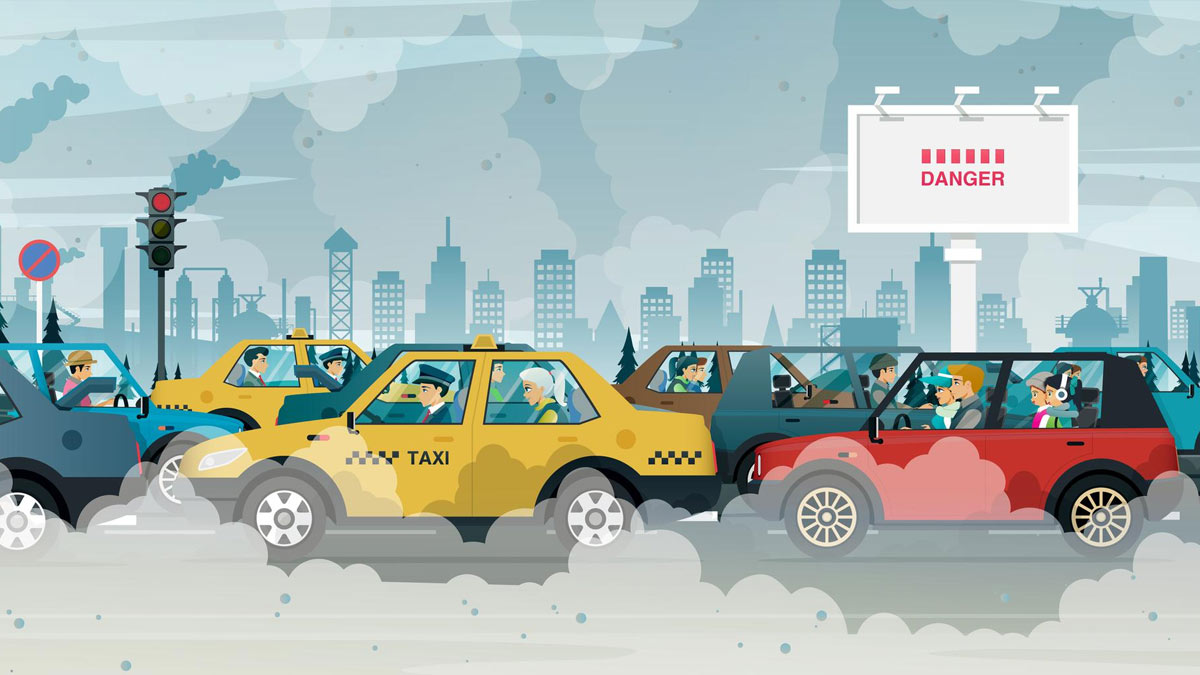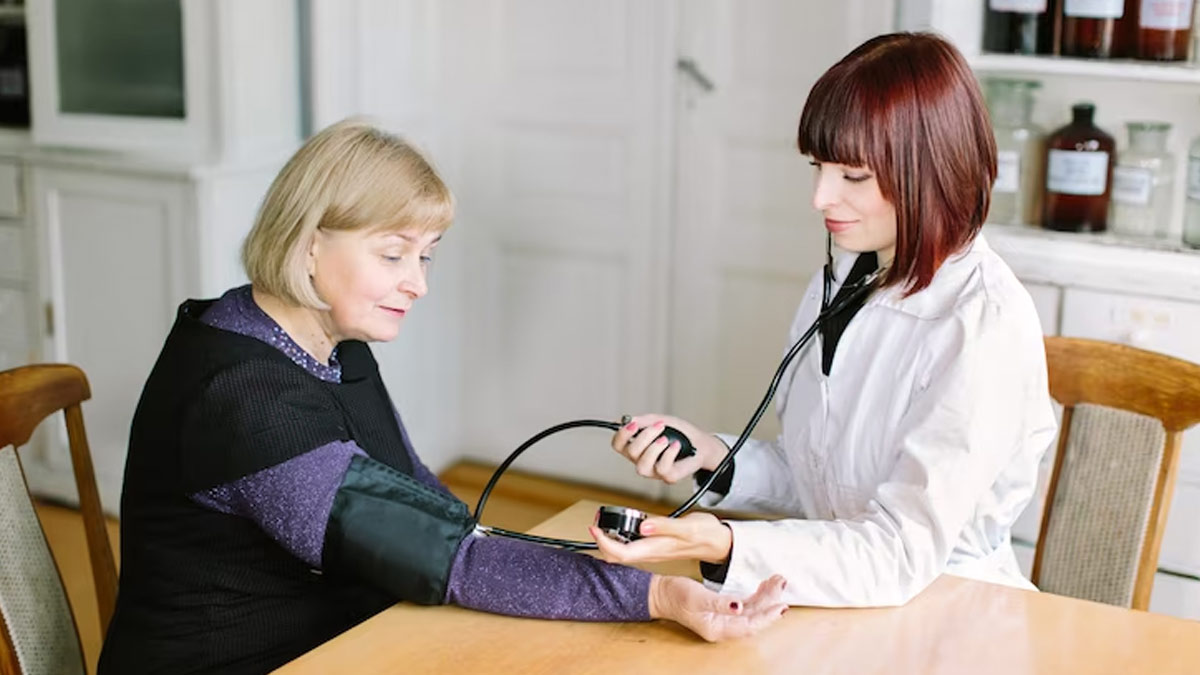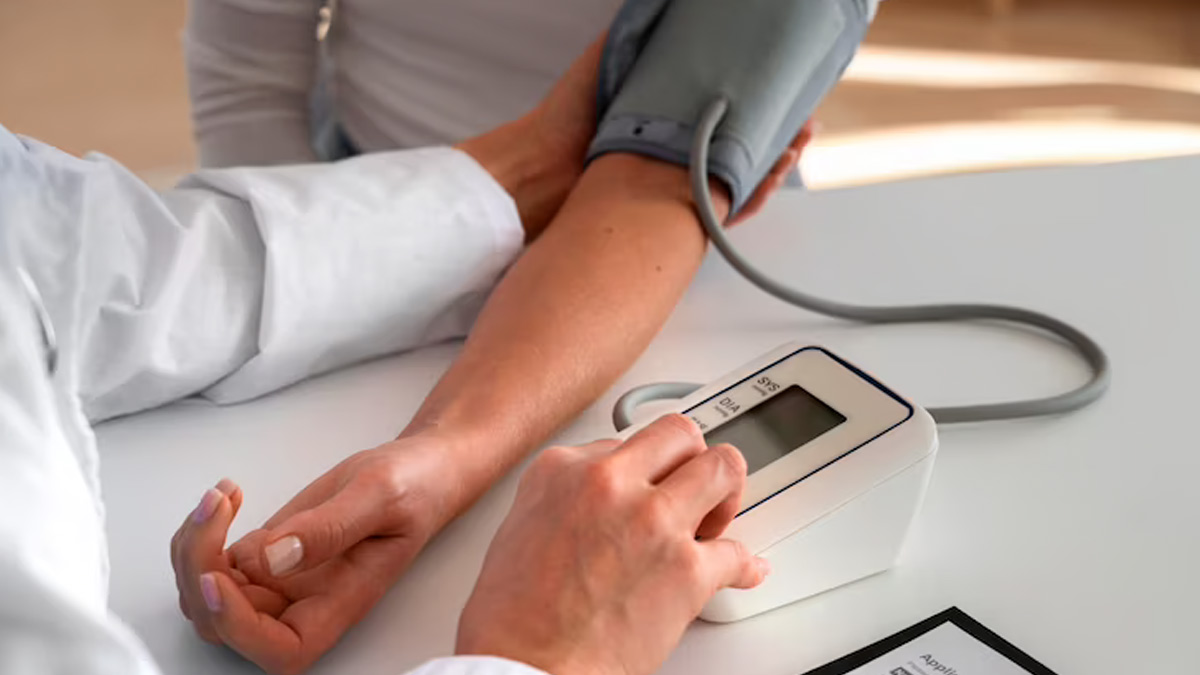
Millions of Americans facing daily traffic woes may be experiencing more than just frustration. A study from the University of Washington reveals that traffic-related air pollution can lead to a significant and prolonged spike in blood pressure, comparable to the impact of a high-sodium diet. Dr. Joel Kaufman, the study's author, notes that this increase can persist for up to 24 hours, posing potential cardiovascular risks.
The research, involving 16 participants during rush hour in Seattle, found that breathing unfiltered air led to a blood pressure increase of over 4.5mm Hg compared to filtered air. Notably, the tiniest particles, including those from tailpipe exhaust and fossil fuel combustion, were identified as key culprits. Hepa filters showed promise in reducing these particles, with an 86% decrease in ultrafine particles and black carbon.

Also Read: Understanding Winter Illness in Children: 5 Factors Affecting Their Health
The study also sheds light on racial disparities, indicating that people of colour in the U.S. are more likely to live near highways, facing increased exposure to air pollution. Sara Adar, an associate professor of epidemiology, emphasises the historical impact of highway construction, contributing to racial disparities in traffic-related air pollution.

Dr. Kaufman suggests societal solutions such as traffic improvement and a shift away from fossil fuel vehicles. On an individual level, minimising time spent in traffic and implementing measures like window closure, car filters, and air recirculation can mitigate exposure. For those unable to control ventilation, wearing effective respirator masks is advised. Dr. Kaufman concludes that individuals residing in high-traffic pollution areas should prioritise keeping windows closed and having air filtration systems in their homes for better health outcomes.
Also watch this video
How we keep this article up to date:
We work with experts and keep a close eye on the latest in health and wellness. Whenever there is a new research or helpful information, we update our articles with accurate and useful advice.
Current Version